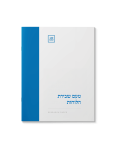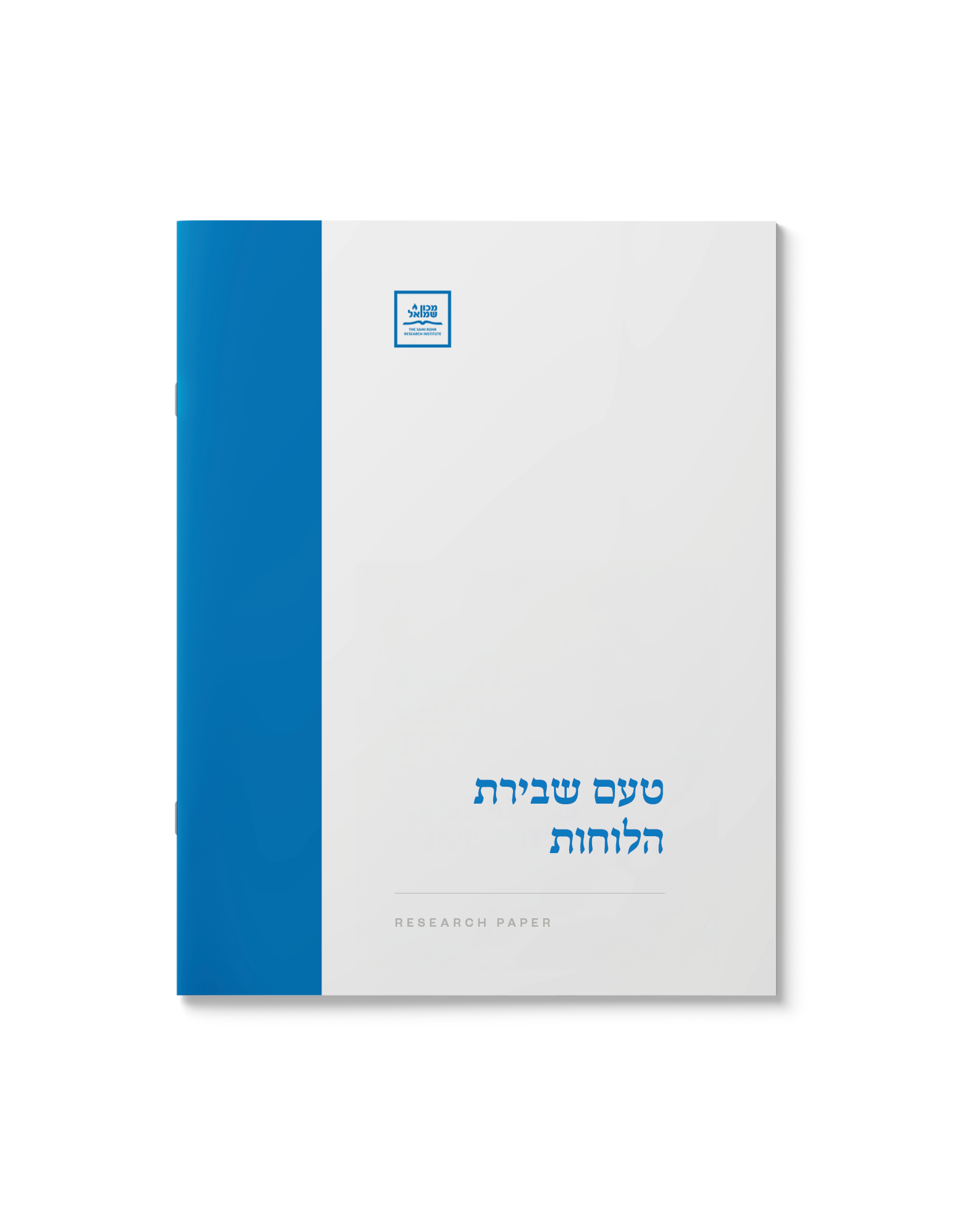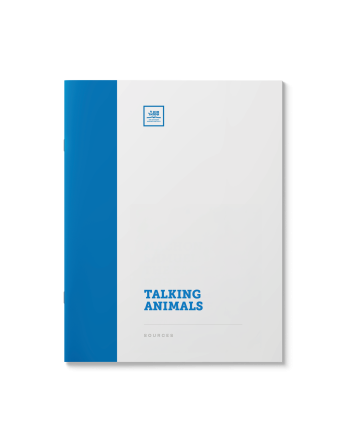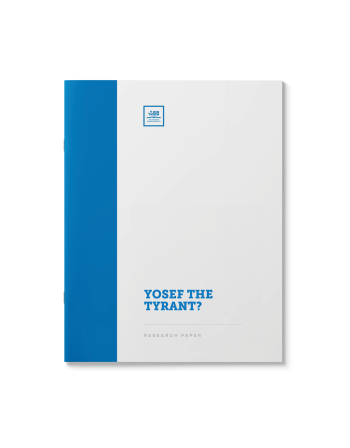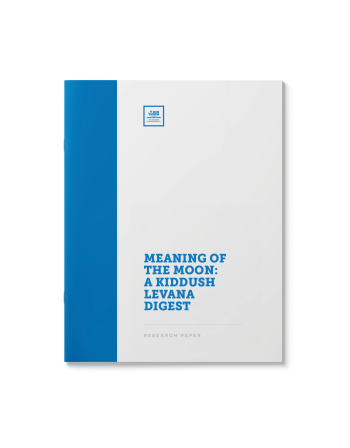טעם שבירת הלוחות
$39.00
ההנחה הפשוטה היא כי שבירת הלוחות היתה תוצאה מרוגזו של משה על חטאם של ישראל. אלא שמבט נוסף במפרשי המקרא מגלה טעמים וממתקים נוספים על דבר כוונתו של רוען של ישראל. שבעים פנים לתורה.
| Language | Hebrew |
|---|---|
| Paper Type | Research Paper |
| Pages | 6 |
Related Products
Moshe’s name is perhaps the most recognized name in all of Judaism, the name of arguably the greatest Jewish leader of all time – and a name that was given to him by an Egyptian Princess. Why did the Torah choose his Egyptian name as the name to be remembered for posterity? Why wasn’t his Jewish name recorded? And what was his Jewish name?
The Biblical account of the destruction of Sedom raises many
questions. Amongst them: Why does the Torah imply that the angels defied G-d’s wishes by acting independently? Did Lot in fact direct his prayers to the angels? Was
his defense of the inhabitants of Tzoar that much better than Avraham’s
arguments to spare Sedom?
Man was set apart from the animal kingdom by his ability to speak. How were Chava and Bilam able to converse with the snake or donkey? Were these conversations real?
The circumstances surrounding the birth of King David remain obscure. Legend has it that Nitzeves endured great personal sacrifice in mothering the Sweet Singer of Israel. How is this chapter in King David’s life understood through the lenses of Torah scholarship?
Formulated as a series of answers, rebuttals and rejoinders, the information in this document will be invaluable to you when studying this important subject. Why did G-d instruct Moshe to take the Staff? If he was not to strike the rock, why did it issue forth water? How could Moshe defy G-d’s explicit instructions?
Jews have always cherished the land of Israel, and yearned to be buried there upon their passing. They also seek to have their grave marked honorably, so as to enable loved ones to visit and pray. Yet Moshe Rabbeinu merited none of these, buried in “the Valley of Moab,” where “no person knows the place of his burial unto this day”.
Why was he assigned this fate? Does this somehow reflect his life’s unparalleled accomplishments?
(Hebrew)
Handling economic depressions is one of the duties of modern government. Yet when the Egyptians begged for food during the famine, Yosef enslaved them as payment. Wasn’t it his responsibility to provide food? Why did the Egyptians beg for food instead of demanding their due right?
The Bible seems to be littered with tales of
the misdeeds of the righteous. Is it naïve to ignore these stories? Do we need
to reconsider our role models? How can we interpret these stories truthfully but
in a way that confirms the holiness of our heroes?
The Biblical account of Sarah’s treatment of Hagar is well-known. How do the classic commentators and other authorities understand her behavior? Is she to be criticized or vindicated? What moral defense can be offered for Sarah banishing Yishmael?
How could a father be so willing to kill his son? Did Avraham fail to ask for divine mercy for Yitschak? And why is Avraham, not Yitschak, the celebrated hero of Akeidat Yitschak?
Yonah. A prophet, a man of G-d – and a man who ran away from his duty. Yonah is one of the most famous and enigmatic prophets in Jewish history. Discover how Yonah’s actions are viewed from the Torah’s perspective and examine why his deeds were recorded for posterity.
If Avraham was specifically
instructed to refrain from marrying a maidservant, how was he permitted to
marry Hagar? How could Avraham marry Hagar if Jews may not marry a first or second-generation
Egyptian convert? Was Hagar betrothed through a form of kiddushin or was
she considered a concubine? Was the marriage of Avraham and Hagar divinely
ordained?


